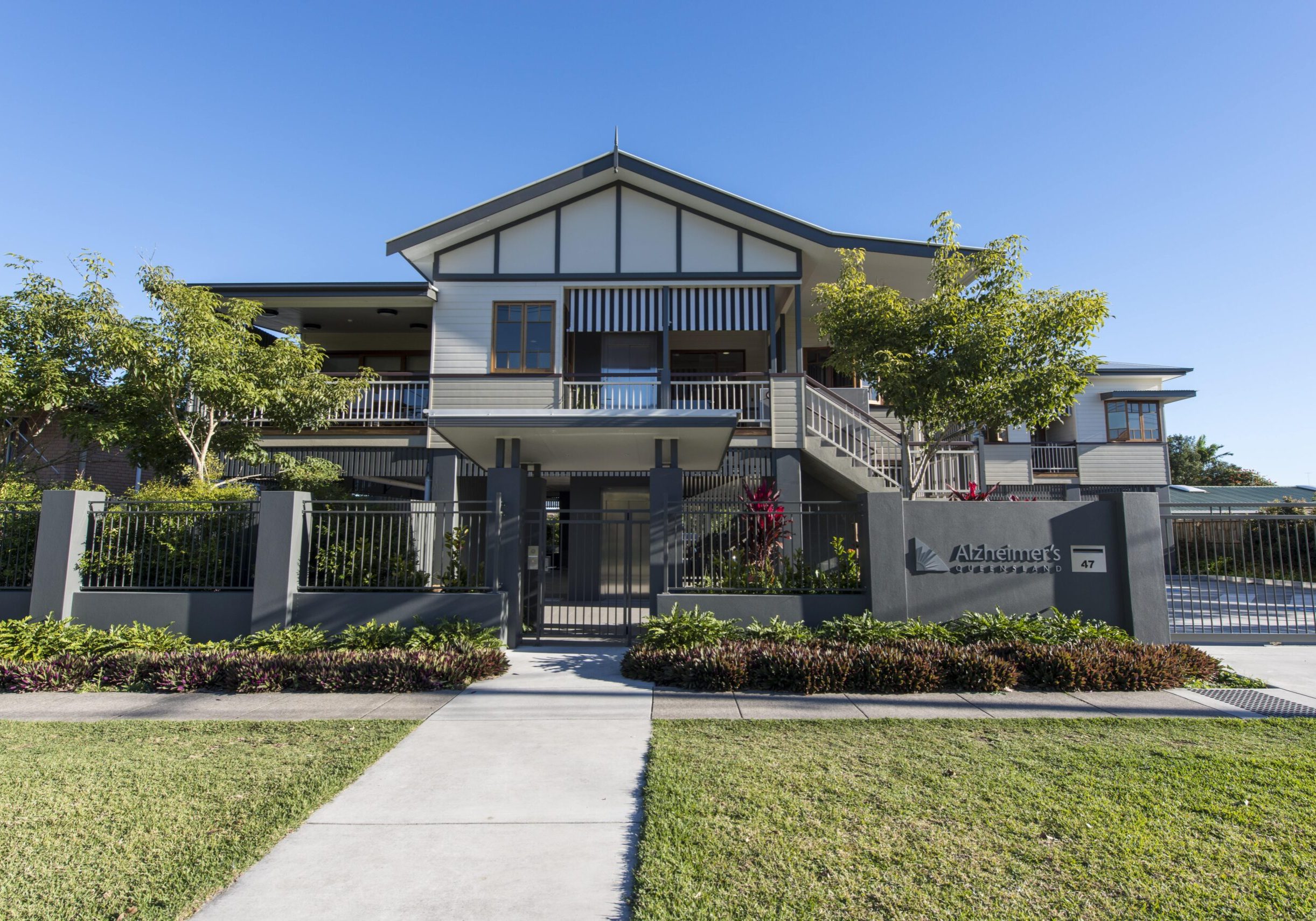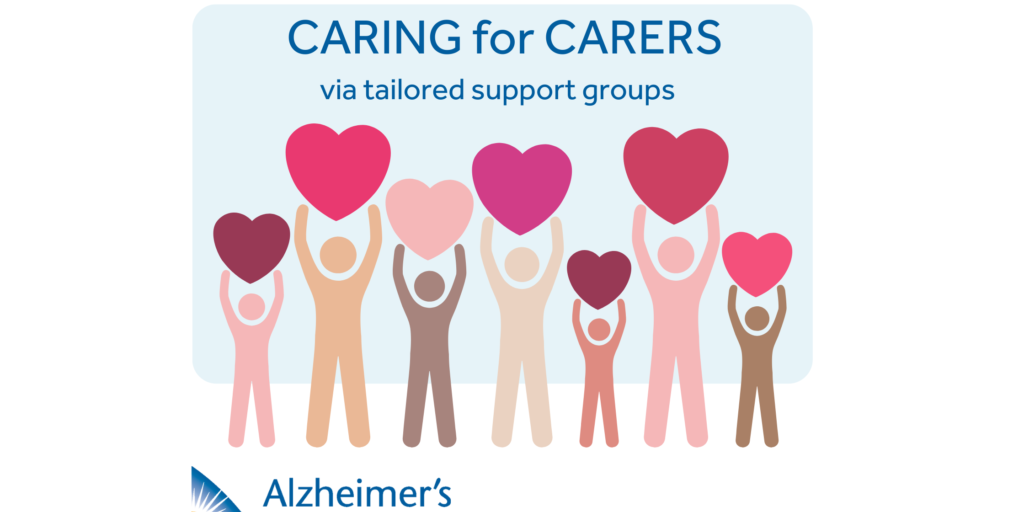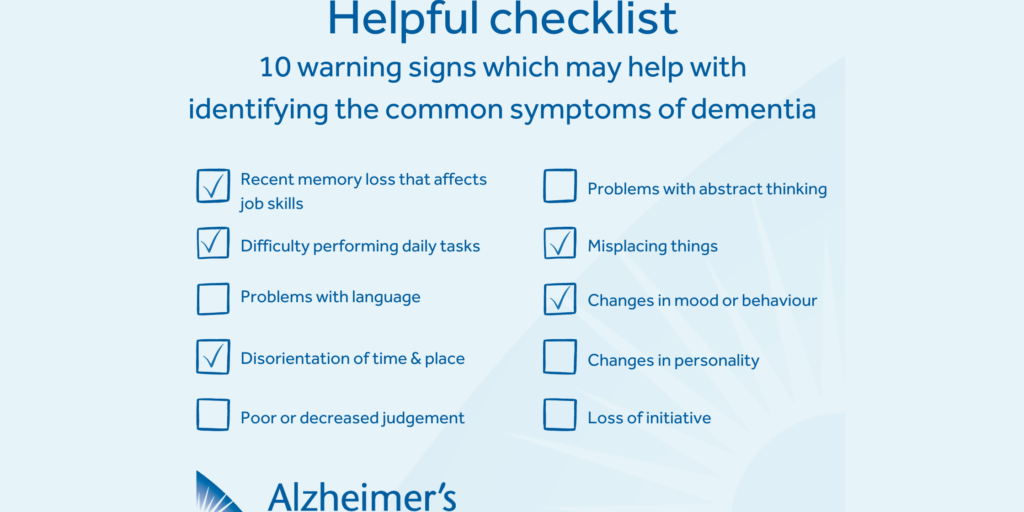One of the main concerns for those living with the most common form of dementia, Alzheimer’s disease, is whether or not they are able to continue to live in their own home with the progressive, degenerative brain disease that currently has no cure.
For many, their home is the only place where they still feel safe, and it holds a lifetime of memories that help them to remember who they are.
Whether or not to keep a loved one living with Alzheimer’s at home, is also a difficult decision for family members, whom the individual is commonly reliant upon to provide care in many areas of daily living. Family members overwhelmingly, wish to ensure that their parent, or grandparent, can feel comfortable, and safe, at home, for as long as possible.
One simple way to ensure a person living with Alzheimer’s can stay at home for longer, is to undertake some simple home renovations, to ensure their existing home is safe and easy to live in.
Alzheimer’s Queensland (AQ) offers support for those living with Alzheimer’s to help them remain at home, for as long as possible. This support includes in-home visits to assist with daily needs, as well as assessments to ensure the home has all of the necessary safety aids.
AQ State Manager, Amy Prasad, explains “It is imperative to ensure a person’s house can cater to their needs. This can be small aids, such as handrails, to larger items, such as a stair lift or ramp access.
“Depending on where the person is with their dementia prognosis, many aids can be adjusted over time, to assist with living at home for as long as possible.”
Some simple recommendations when performing home renovations to improve safety and access, include:
- Creating at least one, level (step-free) entrance into the home;
- Ensuring internal doors and corridors facilitate comfortable and unimpeded movement between rooms and spaces;
- Including a hobless shower recess in any bathroom renovations;
- Creating reinforced walls around the toilet, shower and bath, to support the installation of grabrails;
- Installing higher and more secure handrails for stairs;
- Ensuring at least one downstairs bedroom has all the necessary safety installations, including wiring for medical equipment and a TV; and
- Installing flat, matt flooring, such as floorboards, to ensure ease of movement and to curtail any tripping or stumbling.
If you, or a loved one is living with Alzheimer’s disease, it’s also worth considering the installation of open shelving, within easy reach. Open shelving allows items to be accessed without difficulty, and allows a person to see their personal items and keepsakes daily, which can trigger important memories. Open shelving also enables practicing choice in decision making, which helps people living with Alzheimer’s to remain engaged in their daily activities.
It is also important to make these changes gradually, as sudden, large changes can create disorientation and confusion. Making simple changes, as needed, is the best approach.
It’s easy to see how some home adjustments and safety measures can make a world of difference to someone living with Alzheimer’s.
However, simple home renovations are just one of the barriers to remaining at home. Some additional barriers that have been identified are lack of social engagement and/or isolation, physical movement or mobility, aid assistance, and respite and support with daily activities.
As well as providing assistance with in-home safety requirements, AQ has many services available to help those living with Alzheimer’s, to remain at home for as long as possible.
“AQ has an array of friendly clinical staff to assist people living with Alzheimer’s, from household occupational therapy (OT) assessments to ensure the appropriate aid is in place, to in-home visits to help with daily needs such as social engagement, shopping, domestic assistance, and nutrition and medication support,” Ms Prasad said.
“We also offer day and overnight respite services within our Multiservice centres, to provide some relief for those living with Alzheimer’s, and their carers, as well as in-centre programs such as physiotherapy classes to maintain strength building, and social activities. In addition, we offer carer support groups.”
It’s easy to see how making some simple adjustments and safety measures, and accessing invaluable support from organisations such as AQ, can make a world of difference to someone living with Alzheimer’s.
To learn more about our AQ dementia-friendly services, call 1800 639 331 or head to www.wordpress-465105-1488832.cloudwaysapps.com today.
To access our 24/7 dementia helpline operated by healthcare professionals, freecall 1800 639 331.







